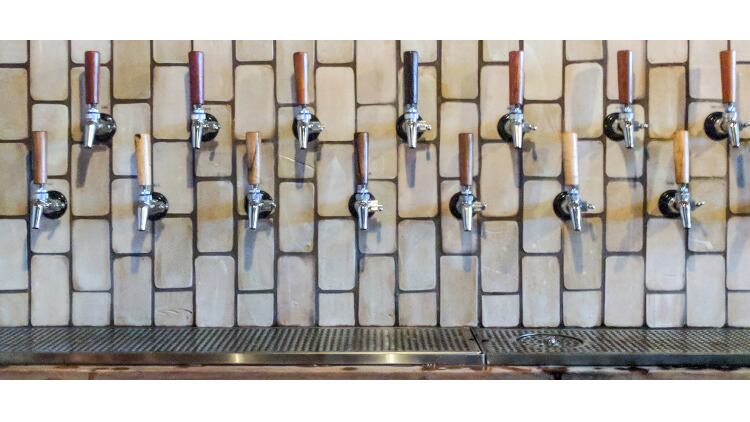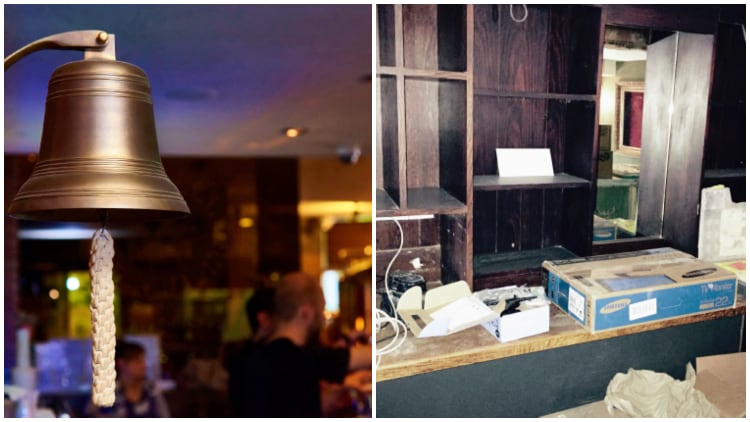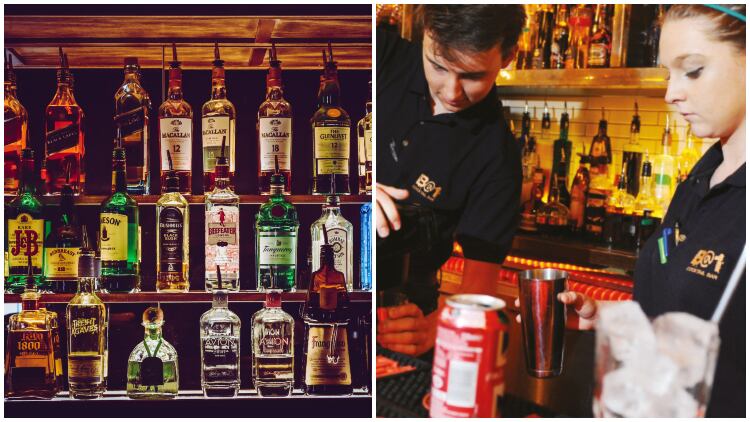We have seen the casual-dining market evolve considerably over the past few years with a number of high-profile restaurant chains struggling to survive and some entering CVAs (company voluntary arrangements) in an effort to offload underperforming units and reemerge stronger. The backdrop to this has been the Deliveroo and Uber Eats phenomenon with customers choosing to enjoy their dining experience in the privacy of their own home rather than having to venture out to experience the traditional high-street format.
At the same time, pubs seem to be undergoing an evolution of their own.
A number of apps exist enabling customers to avoid the potentially painful process of queuing at the bar in order to be served. Instead they can use their smartphones to place orders and have them delivered directly to their table. A further development in this regard is the emergence of ‘self-service stations’ within pubs in the form of ‘beer walls’, as well allowing customers to pre-order kegs of beer for large parties and serve themselves in an effectively private area. These examples are graduated forms of the same thing, essentially enabling customers to have a far greater degree of autonomy than under the traditional model where they approach the bar, elbow their way through the crowd and place an order for their next round.
While this evolution may be seen as progress from a customer satisfaction perspective, that is not necessarily the case from the regulator’s point of view.
Concerns are often raised over the lack of a regular face-to-face encounter enabling staff to determine whether someone is underage or indeed has already had too much to drink.
It may, therefore, be advisable for operators to think about all of this in advance of an investment that incorporates self-service elements for the benefit of their customer base. The process of self service needs to be properly risk assessed with operators making it clear to customers making bookings that they will be supervised and that in the worst case scenario, alcohol that they have already paid for may be confiscated in the event that the party becomes rowdy or intoxicated or in the event that any individual fails to adequately satisfy the requirements of the premise’s ‘Challenge’ policy.
From a practical perspective, it may be worthwhile making the authorities aware of any plans in advance of investment and of making sure that there is a properly documented risk assessment in place to explain exactly how the new process will work and how the licensing objectives will be promoted.
Thereafter, it will hopefully be a case of money well spent!




